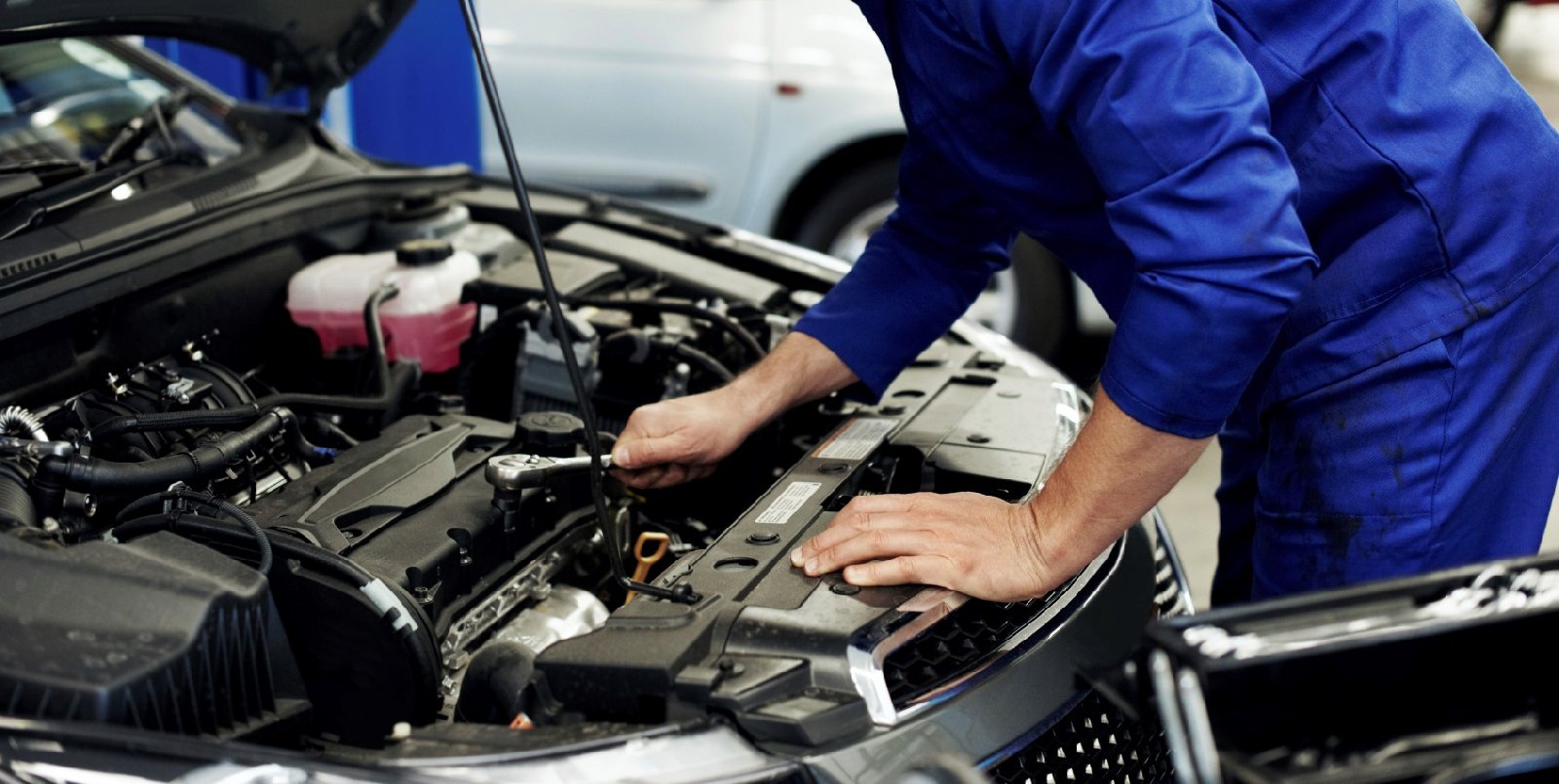Car troubles are an inevitable part of vehicle ownership, and when your beloved automobile requires attention, it’s an opportunity to transform the repair process into a positive and empowering experience. In this article, we’ll explore unique and comprehensive insights to elevate your car repair journey, ensuring that the next time your car needs attention, you’re equipped with knowledge, confidence, and a renewed perspective.

1. Empowering Yourself with Knowledge
a. Understanding Common Car Issues:
- Familiarize yourself with common car issues and their symptoms.
- Recognizing early signs of problems can help you address issues before they escalate.
b. DIY Basics:
- Learn basic do-it-yourself (DIY) car maintenance tasks.
- Simple tasks like changing wiper blades, replacing air filters, or checking tire pressure empower you to handle minor issues independently.
c. Reading Your Car’s Manual:
- Your car’s manual is a treasure trove of information.
- Understand the manufacturer’s recommendations for maintenance, fluid types, and intervals.
2. Building a Relationship with Your Vehicle
a. Regular Maintenance Rituals:
- Establish regular maintenance rituals for your car.
- Regularly washing, waxing, and caring for your vehicle not only enhances its aesthetic appeal but also contributes to long-term durability.
b. Listening to Your Car:
- Pay attention to your car’s sounds and sensations while driving.
- Unusual noises or vibrations may indicate underlying issues that require prompt attention.
c. Investing in Quality Parts:
- When replacing parts, opt for quality over cost.
- High-quality components contribute to the overall reliability and performance of your vehicle.
3. Choosing the Right Repair Shop: Quality Over Convenience
a. Researching Local Shops:
- Conduct thorough research on local repair shops.
- Seek recommendations, read reviews, and consider the shop’s reputation for honesty and transparency.
b. Checking Certifications:
- Look for certifications and qualifications of mechanics.
- Certifications from reputable organizations such as ASE (Automotive Service Excellence) indicate a commitment to professionalism.
c. Transparent Communication:
- Choose a repair shop that communicates transparently.
- A clear explanation of the issue, the proposed repairs, and associated costs builds trust between you and the mechanic.
4. Navigating the Repair Process: Collaboration is Key
a. Seeking Multiple Opinions:
- Don’t hesitate to seek multiple opinions for complex issues.
- Different perspectives from knowledgeable mechanics can provide a holistic view of the problem.
b. Understanding Estimates:
- Request detailed estimates for repairs.
- Understand the breakdown of costs, including parts, labor, and any additional fees.
c. Prioritizing Repairs:
- Prioritize necessary repairs based on safety and functionality.
- Address critical issues first and plan for additional repairs as your budget allows.
5. Exploring Warranties and Guarantees: Peace of Mind Matters
a. Checking for Manufacturer Warranties:
- Verify if your car is still under manufacturer warranty.
- Some repairs may be covered, potentially saving you from out-of-pocket expenses.
b. Understanding Repair Warranties:
- Inquire about warranties on parts and labor for repairs.
- A reputable repair shop often provides warranties as a testament to the quality of their work.
c. Addressing Post-Repair Concerns:
- If you encounter issues after a repair, communicate with the repair shop promptly.
- A reliable shop should address any concerns and stand behind their work.
6. Financial Savvy: Budgeting for Repairs with Wisdom
a. Creating an Emergency Fund:
- Establish an emergency fund specifically for car repairs.
- Having a financial cushion ensures that unexpected repairs don’t become financial burdens.
b. Exploring Payment Options:
- Inquire about payment plans or financing options for major repairs.
- Some repair shops offer flexible payment solutions to ease financial strain.
c. Comparing Costs:
- Obtain quotes from multiple repair shops for the same service.
- Comparing costs helps you make informed decisions and avoid overpaying.
7. Post-Repair Reflection: Learning and Growing
a. Reflecting on the Experience:
- Reflect on your car repair experience.
- Consider what went well and where improvements can be made for future maintenance.
b. Documentation for Future Reference:
- Keep records of repairs, maintenance, and associated costs.
- Documentation serves as a valuable reference for future repairs and potential resale value.
c. Sharing Your Experience:
- Share your positive experiences with reputable repair shops.
- Word of mouth recommendations contribute to a community of informed car owners.
Conclusion: Transforming Car Repairs into Empowering Adventures
The next time your car requires attention, view it as an opportunity for empowerment rather than a burden. Armed with knowledge, proactive maintenance habits, and a discerning approach to repair shops, you can transform the car repair
experience into an empowering adventure. By embracing a collaborative relationship with your vehicle and prioritizing transparency and quality in repairs, you ensure that each maintenance task contributes to the longevity, safety, and overall well-being of your cherished automobile. So, buckle up, embrace the journey, and navigate the road to car repair with confidence and wisdom. May your automotive adventures be smooth, and your vehicle’s engine purr with satisfaction! Safe travels!
